Loading the player...
Helping Breast Cancer Oncologists Work ‘In the Trenches’
A recent session from the SABCS 2020 Annual Meeting aimed to help oncologists navigate life in the “trenches” of medicine during the COVID-19 pandemic.
William J. Gradishar, MD, chief of hematology and oncology in the Department of Medicine at Northwestern University Feinberg School of Medicine and the Betsy Bramsen Professor of Breast Oncology, told MD/alert, that while practicing oncology may not be warfare in the traditional sense, the volume of information doctors are asked to digest and process to treat their patients can be daunting even during more normal times.
Dr. Gradishar added that whether the conferences are held in person or remote, it can be difficult to know what to take from the events to bring back to daily practice.
"As we all know, at major meetings, not an insignificant fraction of the data is preliminary, or it's preclinical, or it's laboratory. And what is it that we take away from a meeting that's that big that we can really apply and change and implement for the care of our patients?" Dr. Gradishar said.
While most of the major conferences of 2020 switched to an all-virtual format, with no decisions made yet about meetings in 2021, Dr. Gradishar said he did not believe the unusual format has impeded the ability to share the same amount of data that would be presented in person.
"What I think is lacking is you have less of the interaction back and forth. Oftentimes when new data is presented, somebody comes to the mic. They question the speaker about the data, and you get a better-nuanced view based on some of the questions that are asked. In a virtual meeting setting, although you can use chat rooms and so forth, it's not quite the same. So, there are compromises that had to be made with the conduct of meetings. But by and large, how they were executed, I think were generally well done, and I don't think it was perfect or ideal. But despite all the limitations, it came across pretty well this year."
Looking at the overall program from SABCS, Gradishar said there were several interesting studies being presented, including some looking at the role of chemotherapy in treatment at a time when newer treatments like immunotherapies and biologics are being approved and used in patient care.
"Chemotherapy is still very foundational. I think that you know, certainly, in patients who have early-stage hormone-sensitive breast cancer, we recognized long ago that we were treating too many patients with chemotherapy. We just didn't know who the patients were, where we could avoid it. And as time goes on with these molecular tools, we're now able to discriminate a little bit better and avoid it in some patients without compromising their outcome. In the advanced disease setting, so in other words, patients with metastatic disease, chemotherapy is still very much part of the plan, even though we're developing new therapies, immune therapy, or other strategies. So, chemotherapy still is often partnered with those kinds of drugs. But you know, of course, as you pointed out, we are interested in some of the newer molecular targeted agents. Many of those drugs are partnered with endocrine therapy or immune therapy, but they're also partnered with chemotherapy. So, you know, we're using less chemotherapy, but new drugs are still being developed."
With lots of uncertainty still surrounding the COVID-19 pandemic and what it could mean for the future of breast cancer treatment and medical conferences, he hoped the development of the vaccine would be the “beginning of the end” of the large-scale disruptions seen by people and patients all around the world.
"The pace of research may be affected. Certainly, at the peak of COVID, you might say we're at the peak again, that clinical trial accrual had gone down some. And that's certainly true. And you know many labs who aren't doing clinical work, but laboratory work also were essentially shut down. The research enterprise, whether clinical or laboratory based, was affected by COVID, and it's not till we're really out of the woods completely that I think we're going to get back to the level of activity in the clinical space, from a research standpoint, as we had, say, a year and a half ago."
By Adam Hochron
William J. Gradishar, MD, chief of hematology and oncology in the Department of Medicine at Northwestern University Feinberg School of Medicine and the Betsy Bramsen Professor of Breast Oncology, told MD/alert, that while practicing oncology may not be warfare in the traditional sense, the volume of information doctors are asked to digest and process to treat their patients can be daunting even during more normal times.
Dr. Gradishar added that whether the conferences are held in person or remote, it can be difficult to know what to take from the events to bring back to daily practice.
"As we all know, at major meetings, not an insignificant fraction of the data is preliminary, or it's preclinical, or it's laboratory. And what is it that we take away from a meeting that's that big that we can really apply and change and implement for the care of our patients?" Dr. Gradishar said.
While most of the major conferences of 2020 switched to an all-virtual format, with no decisions made yet about meetings in 2021, Dr. Gradishar said he did not believe the unusual format has impeded the ability to share the same amount of data that would be presented in person.
"What I think is lacking is you have less of the interaction back and forth. Oftentimes when new data is presented, somebody comes to the mic. They question the speaker about the data, and you get a better-nuanced view based on some of the questions that are asked. In a virtual meeting setting, although you can use chat rooms and so forth, it's not quite the same. So, there are compromises that had to be made with the conduct of meetings. But by and large, how they were executed, I think were generally well done, and I don't think it was perfect or ideal. But despite all the limitations, it came across pretty well this year."
Looking at the overall program from SABCS, Gradishar said there were several interesting studies being presented, including some looking at the role of chemotherapy in treatment at a time when newer treatments like immunotherapies and biologics are being approved and used in patient care.
"Chemotherapy is still very foundational. I think that you know, certainly, in patients who have early-stage hormone-sensitive breast cancer, we recognized long ago that we were treating too many patients with chemotherapy. We just didn't know who the patients were, where we could avoid it. And as time goes on with these molecular tools, we're now able to discriminate a little bit better and avoid it in some patients without compromising their outcome. In the advanced disease setting, so in other words, patients with metastatic disease, chemotherapy is still very much part of the plan, even though we're developing new therapies, immune therapy, or other strategies. So, chemotherapy still is often partnered with those kinds of drugs. But you know, of course, as you pointed out, we are interested in some of the newer molecular targeted agents. Many of those drugs are partnered with endocrine therapy or immune therapy, but they're also partnered with chemotherapy. So, you know, we're using less chemotherapy, but new drugs are still being developed."
With lots of uncertainty still surrounding the COVID-19 pandemic and what it could mean for the future of breast cancer treatment and medical conferences, he hoped the development of the vaccine would be the “beginning of the end” of the large-scale disruptions seen by people and patients all around the world.
"The pace of research may be affected. Certainly, at the peak of COVID, you might say we're at the peak again, that clinical trial accrual had gone down some. And that's certainly true. And you know many labs who aren't doing clinical work, but laboratory work also were essentially shut down. The research enterprise, whether clinical or laboratory based, was affected by COVID, and it's not till we're really out of the woods completely that I think we're going to get back to the level of activity in the clinical space, from a research standpoint, as we had, say, a year and a half ago."
By Adam Hochron
.jpg)
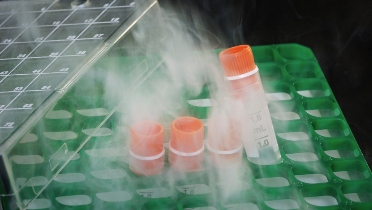

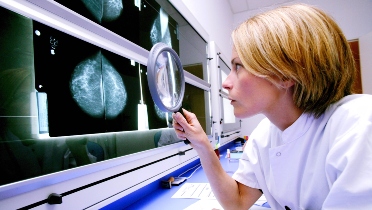



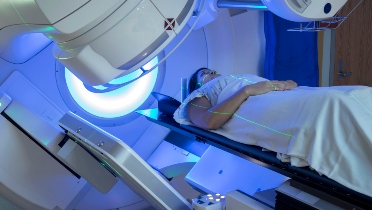

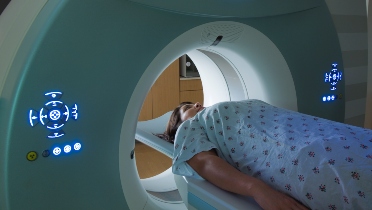
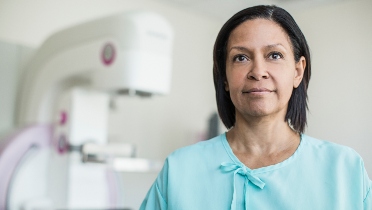
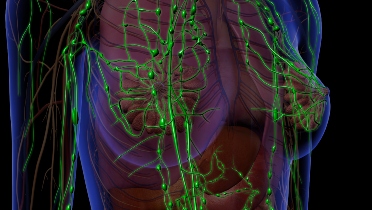



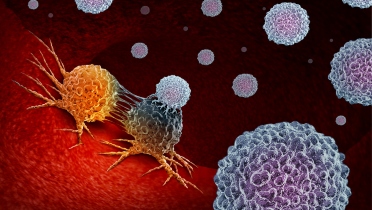
.jpg)
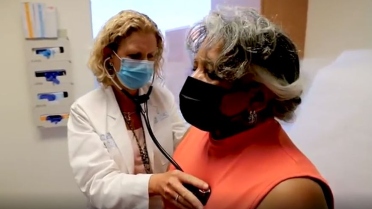
.jpg)
.jpg)
.jpg)
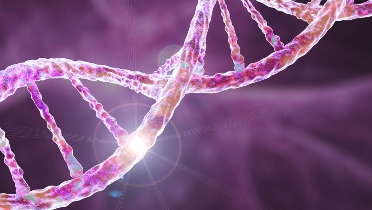
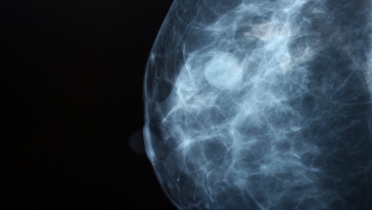
.jpg)
.jpg)
.jpg)
.jpg)
.jpg)
.jpg)
.jpg)
.jpg)
_.jpg)
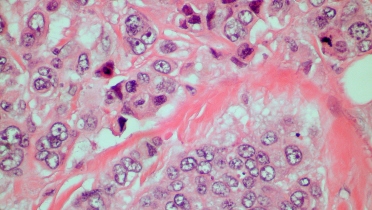
.jpg)
.jpg)


.jpg)
.jpg)
.jpg)
.jpg)
.jpg)
.jpg)
.jpg)
.jpg)

.jpg)
.jpg)

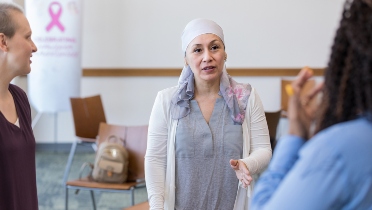
.jpg)
.jpg)
.jpg)
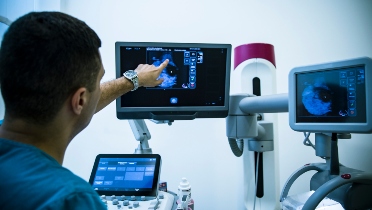

.jpg)
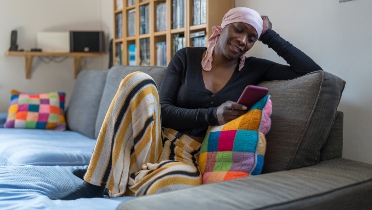

.jpg)
.jpg)
.jpg)
.jpg)
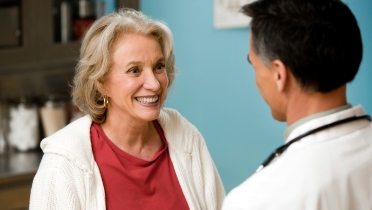
.jpg)
.jpg)
.jpg)
.jpg)

.jpg)
.jpg)
.jpg)

.jpg)
.jpg)
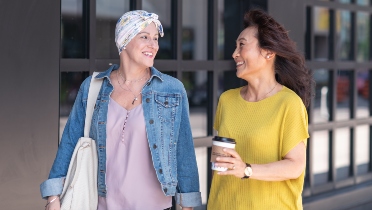
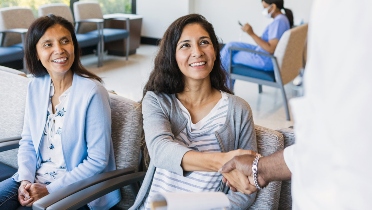
.jpg)
.jpg)
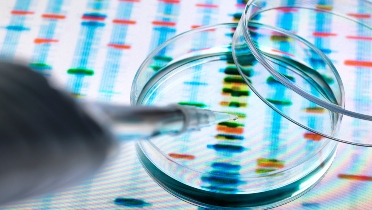
.jpg)
.jpg)
.jpg)
.jpg)
.jpg)
.jpg)
.jpg)
.jpg)

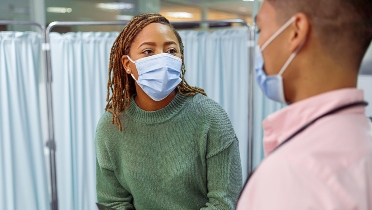
.jpg)
.jpg)
.jpg)
.jpg)

.jpg)
.jpg)

.jpg)
.jpg)
.jpg)
.jpg)

.jpg)
.jpg)
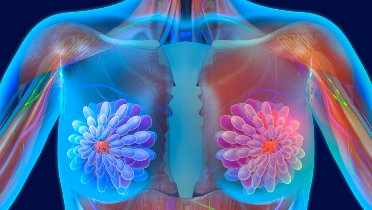
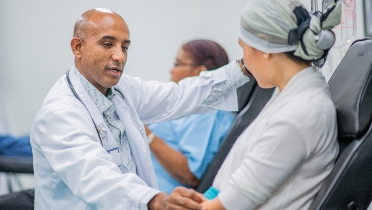
.jpg)
.jpg)
.jpg)
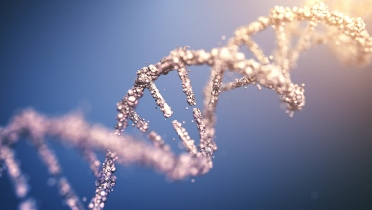
.jpg)
.jpg)
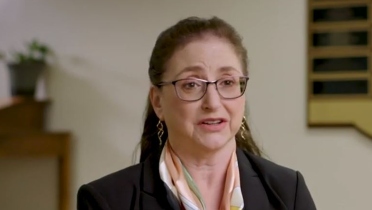

.jpg)
.jpg)
.jpg)
.jpg)
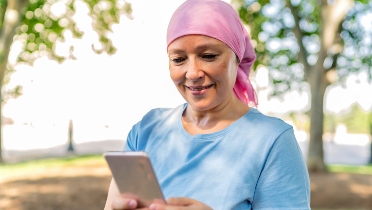
.jpg)
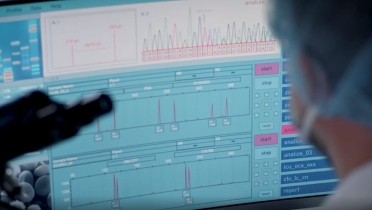
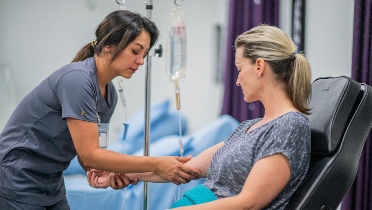
.jpg)
.jpg)
.jpg)
.jpg)
.jpg)
.jpg)
 Featured Breast Cancer Videos
Featured Breast Cancer Videos.jpg)